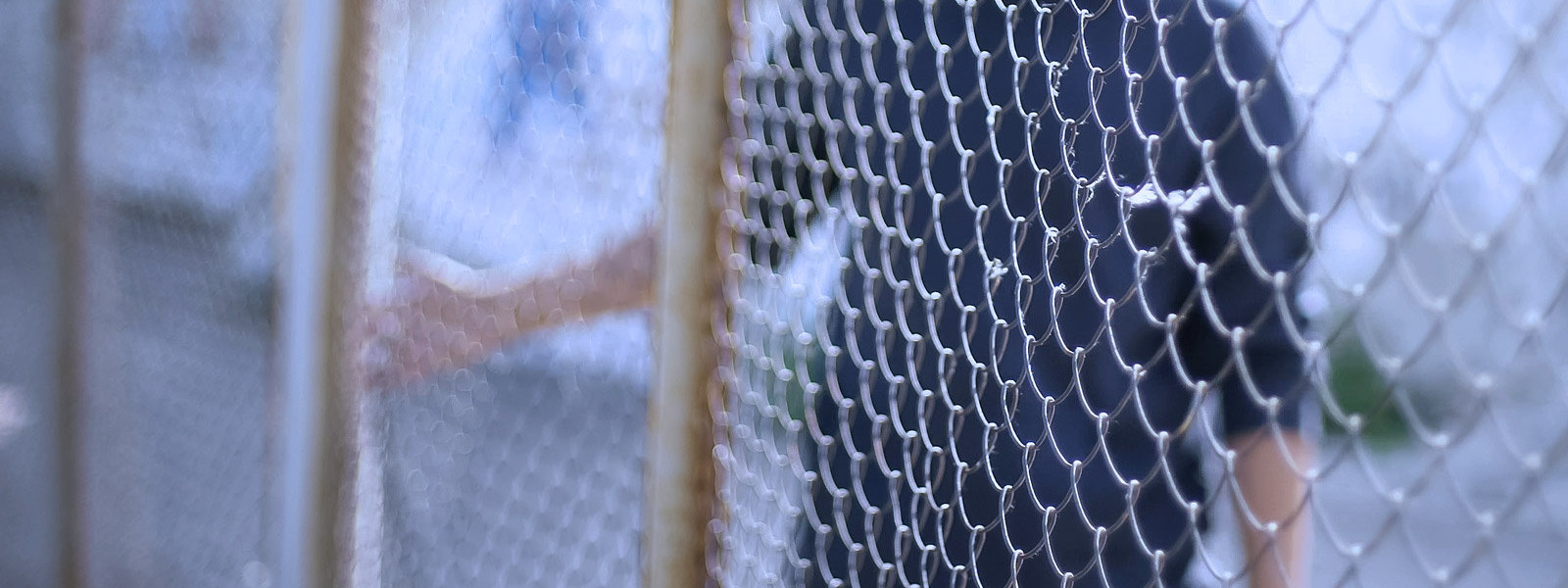

| Catholic University faculty and students are immersed in a culture of research. In this series we offer a sampling of the many big questions they are working on. |

When Julia Young published Mexican Exodus: Emigrants, Exiles, and Refugees of the Cristero War in 2015, the book was solidly placed in the genre of “history.” But immigration has become a more contentious topic in the United States, making Young’s research more timely than ever. She is able to inform current policy makers and the public about the history of building walls and closing borders.
“Poverty, insecurity, and even climate change push people to migrate from their home countries. For migrants from around the world, the United States represents security, freedom, and their best chance at a better life.”
“Our immigration system, for a variety of reasons, isn’t set up to give most would-be migrants from Latin America the chance to come legally. Yet employers in many sectors of the economy (especially agriculture, service, and construction) are willing to look the other way and hire undocumented workers. As a result, since the 1970s, we’ve seen a huge increase in the population of undocumented immigrants, the majority from Mexico and other parts of Latin America.”
“In the U.S., we must implement comprehensive reform to fix our broken immigration laws, crack down systematically on employers who hire undocumented workers, and consider raising wages so that U.S. citizens are more willing to take so-called ‘undesirable’ jobs,” Young recently told The Hill. “Abroad, we must work with Mexico and Central America to increase stability and economic opportunity in migrant-sending countries so that people there want to stay home.”
Julia Young is an associate professor of history and has been a fellow at the Kluge Center at the Library of Congress. She frequently comments in the media on topics related to immigration and Latin American history. Recently, she traveled to the South Texas Family Residential Center, where she volunteered with the Dilley Pro Bono Project to provide legal services to immigrant women and their children.